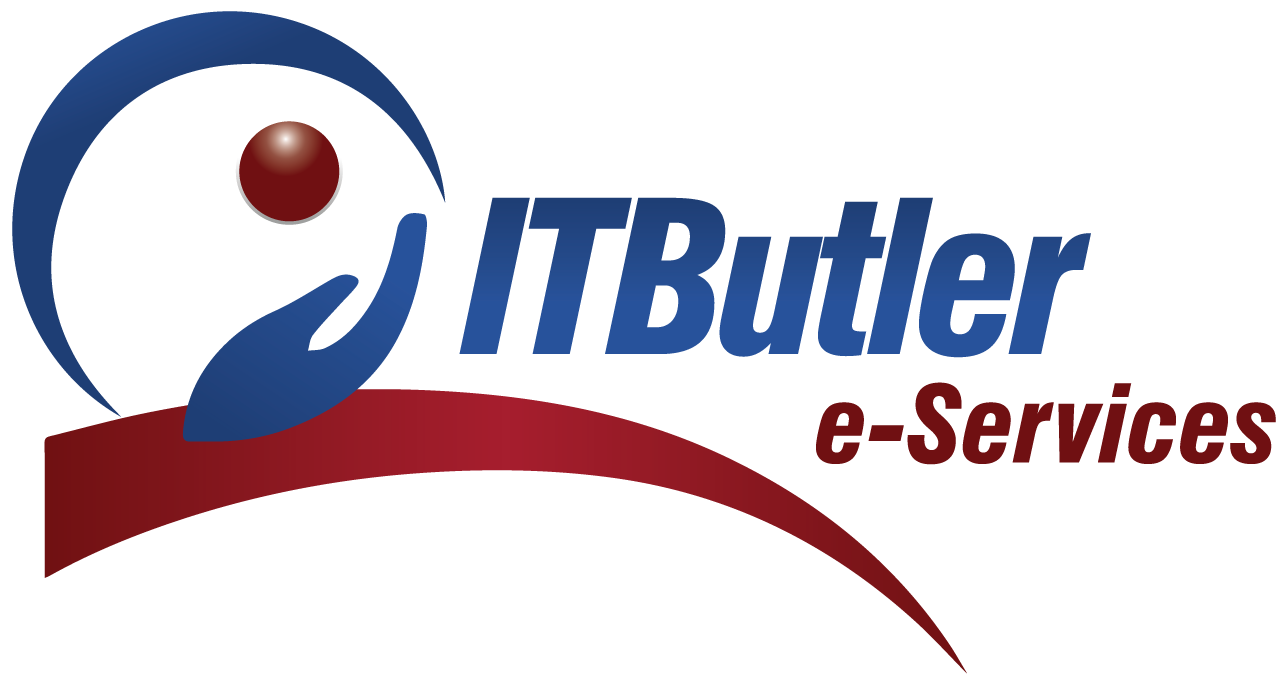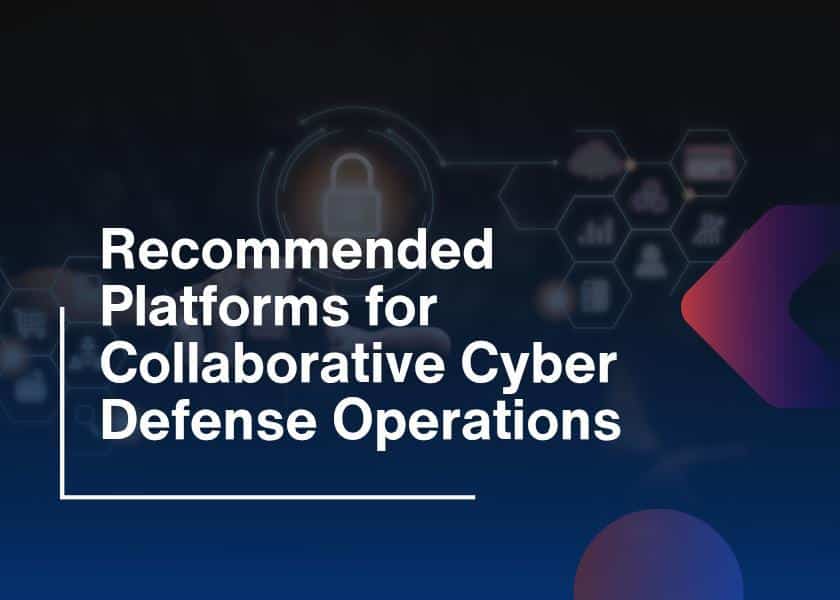How secure are your organization’s digital assets? As Saudi Arabia progresses with its digital transformation, the need for strong cyber hygiene in KSA has never been greater. With cyber threats becoming more frequent, businesses must rely on advanced security technologies and adopt the proper practices.
Good cyber hygiene is about creating a culture of cybersecurity awareness within your organization. Its purpose is to ensure that every team member follows best practices to protect digital assets. In this blog, we will discuss what cyber hygiene is. Why does it matter? How can Saudi organizations implement IT security best practices to reduce risks?
What Is Cyber Hygiene in KSA?
Organizations implement Cyber hygiene through their security measures that protect digital platforms from cyberattacks. Every digital device should be properly protected and operated securely to prevent possible security vulnerabilities.
Maintaining good hygiene practices for personal health also leads to system safety against hacking attempts and malware attacks. Developing secure behaviors is more important than implementing complex firewalls since secure habits include routine software maintenance.
Why Is Cyber Hygiene Important?
Saudi Arabia serves as one of the fastest-progressing technological centers across the Middle East. It’s because more businesses maintain digital operations every year. The digital transformation has introduced many valuable benefits while subjecting people to a greater risk of cyber threats. The number of cyberattacks against Saudi organizations has increased in recent years, so all companies require essential cybersecurity awareness.
Business success depends upon implementing modern cyber hygiene measures. As they guard essential business information and customer details, along with necessary benefits. Furthermore, when your organization lacks proper security defense mechanisms, it becomes exposed to threats, including phishing attempts and data theft incidents.
Basic IT Security Best Practices for Cyber Hygiene
The significance of cyber hygiene in KSA is clear, so we will review the best IT security practices that all Saudi organizations should adopt to maintain system protection.
1. Use Strong Passwords
The first line of defense in cybersecurity is strong passwords. It’s common to use easy-to-guess passwords, but this is a huge risk. Instead, encourage employees to create passwords that are long, unique, and combine numbers, symbols, and both lowercase and uppercase letters.
Additionally, you can implement multi-factor authentication (MFA), which adds an extra layer of security.
2. Update Software Regularly
Outdated software is one of the most common vulnerabilities in cybersecurity. Cybercriminals take advantage of these weaknesses to attack systems. Always ensure that your operating system, software, and antivirus programs are up to date with the latest updates. As a result, this helps close any security gaps that hackers could exploit.
3. Backup Your Data
Data loss can occur for many reasons: cyberattacks, system failure, or even human error. Having regular backups of your critical data ensures that you can recover quickly in case of an emergency. In addition, use both local and cloud-based backups for extra protection.
4. Train Employees on Cybersecurity Awareness
Human error is often the biggest cybersecurity threat. Employees may unconsciously open a phishing email or fall for a scam. That’s why cybersecurity awareness training is essential. So, educate your staff on recognizing suspicious emails, safe internet browsing habits, and how to handle sensitive information securely.
Training should be an ongoing process, as cyber threats are constantly evolving. Furthermore, regular refreshers will help keep your team on top of the latest cybersecurity trends.
5. Limit Access to Sensitive Information
Not all employees need access to every piece of data within your organization. Limit access to sensitive information on a need-to-know basis. This minimizes the chances of a data breach if someone’s account is compromised. Additionally, use role-based access control (RBAC) to ensure that employees can only access the resources they need for their job.

6. Use Firewalls and Antivirus Software
A good firewall and antivirus software are essential components of any cyber hygiene strategy. Firewalls act as a barrier between your internal network and external threats, while antivirus software helps detect and remove harmful software. Make sure these tools are always activated and regularly updated.
7. Secure Mobile Devices
In today’s mobile-first world, smartphones and tablets are often used for work purposes. However, they can also pose a security risk if not properly protected. Ensure that all mobile devices used within your organization are secured with strong passwords or biometric authentication. Also, consider using mobile device management (MDM) software to monitor and control devices remotely.
8. Encrypt Sensitive Data
Encryption is one of the best ways to protect data in transit and at rest. If your company handles sensitive customer data, ensure that it is encrypted. This way, even if a hacker hacks the data, it will be unreadable without the decryption key.
9. Monitor Your Network
Constantly monitor your organization’s network for any unusual activity. A sudden spike in traffic, unauthorized logins, or strange downloads could cause a potential breach. Additionally, by setting up intrusion detection systems (IDS), you can receive alerts in real-time. It allows your IT team to take immediate action.
The Role of Cyber Hygiene in Saudi Arabia’s Vision 2030
Saudi Arabia’s Vision 2030 is a transformative plan aimed at increasing digital adoption and improving the overall business environment. Cybersecurity, including cyber hygiene, plays a crucial role in achieving these goals.
As the Kingdom continues to digitize various sectors, from healthcare to finance. The cyber hygiene practices will be key to maintaining trust, protecting national interests, and encouraging business growth. Organizations that prioritize cybersecurity will be better prepared to contribute to Vision 2030’s objectives of innovation and sustainability.
Challenges to Cyber Hygiene in KSA
While cyber hygiene is vital, there are several challenges that organizations in Saudi Arabia may face in implementing it. These include:
- Lack of Skilled Cybersecurity Professionals: There’s a growing shortage of cybersecurity experts in KSA, making it difficult for businesses to effectively manage their cybersecurity needs.
- Rapid Technological Changes: The rapid technological advancements mean businesses must constantly update their security measures, which can be both time-consuming and costly.
- Limited Cybersecurity Awareness: Many organizations still lack sufficient awareness about cybersecurity, leaving them at risk of basic threats.
- Budget limitations: Smaller businesses may struggle to find sufficient funds for comprehensive cybersecurity tools and training.
Conclusion
In conclusion, cyber hygiene in KSA is not just a set of practices, it’s a vital aspect of maintaining the security and success of any organization. By following basic IT security best practices and staying active in protecting your systems, you can significantly reduce the risk of cyber threats.
As Saudi organizations continue to embrace digital transformation, investing in strong cyber hygiene will protect sensitive data. Furthermore, it also ensures long-term success in an increasingly interconnected world. Remember, good cyber hygiene is a habit, not a one-time fix. Stay vigilant, stay secure!





